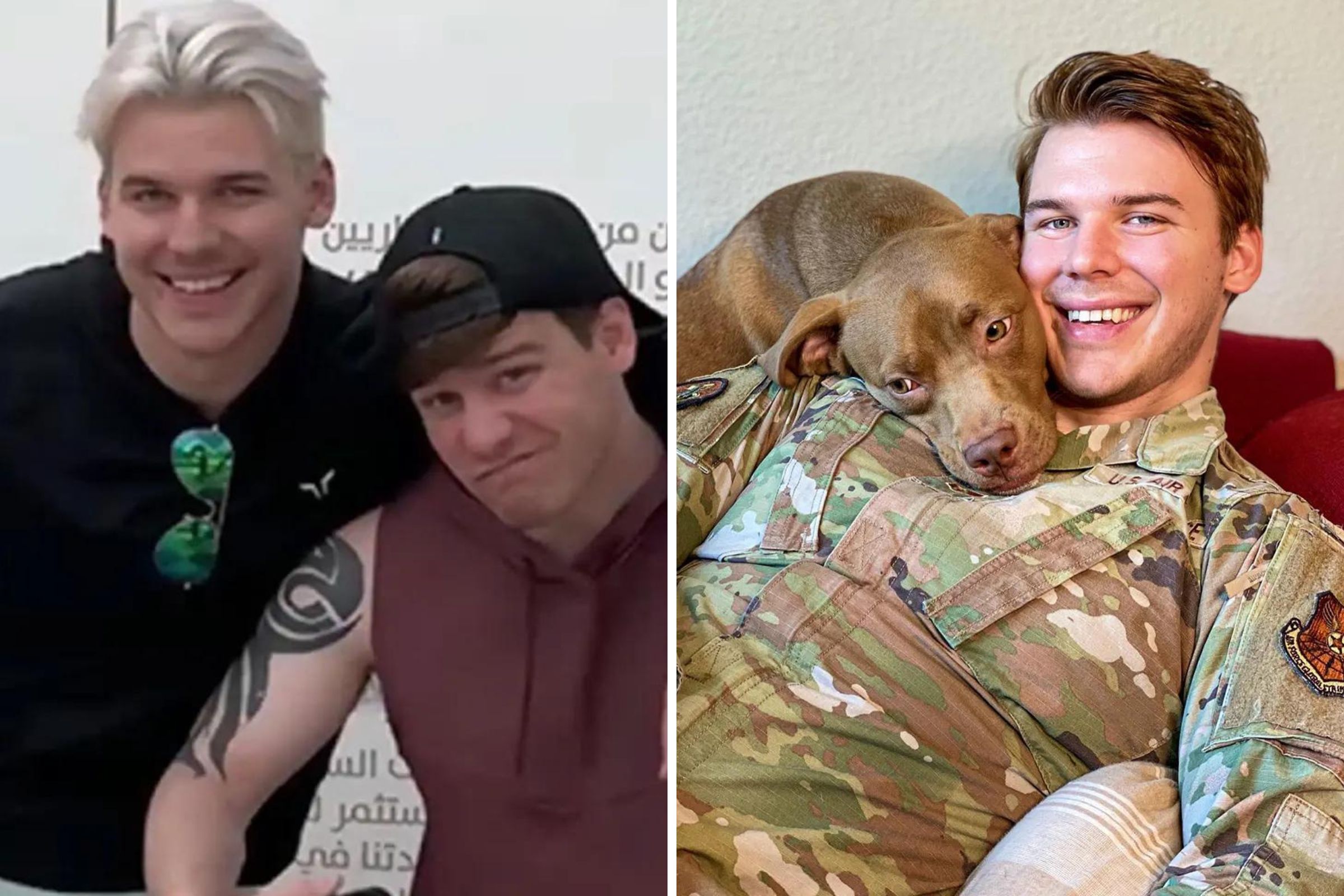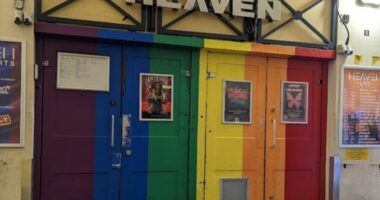Shaboozey’s “A Bar Song (Tipsy)” updates a long-standing country music tradition — drowning one’s sorrows in whiskey — by way of J-Kwon’s 2004 rap hit “Tipsy.” The first time the singer played it for his label, EMPIRE, one question was top of mind for those in attendance: “Everybody was like, ‘When are you going to country radio?’” recalls EMPIRE CEO Ghazi. In Ghazi’s view, that was a “very limited” plan. He had a more ambitious one: Push the song to multiple formats simultaneously. “For a record like that,” he says, “it’s a no-brainer.” Shaboozey released “A Bar Song (Tipsy)” in April; within a month, EMPIRE was promoting it to five different segments of the airwaves. Radio promotion is traditionally expensive, which is why it’s one of the last frontiers in the music industry that is still dominated by the major labels. Yet “A Bar Song (Tipsy),” released by an independent, recently became the first single in history to crack the top 10 on Billboard’s country airplay, pop airplay, adult pop airplay and rhythmic airplay charts. (Adult pop is like regular pop but more sedate, while rhythmic usually mixes rap, R&B and some dance music; the rankings are based on airplay from a panel of stations in each format.) “It’s important that Shaboozey has been able to show that you can do that as an independent artist,” says Heather Vassar, senior vp of operations for EMPIRE in Nashville. “We had several offers from majors who wanted to work the record, and it was really important that we were able to stay true to how we operate” — and scale the charts without their help. All that airplay counts towards the Hot 100, which Shaboozey has topped twice in non-consecutive weeks; notably, when “A Bar Song (Tipsy)” rebounded to No. 1 on the latest ranking, it was down in streams and sales, but up 11% in radio audience. Songs that do well in multiple spaces on the airwaves usually unite coalitions of similar-minded formats. Miley Cyrus’ “Flowers” and The Weeknd’s “Blinding Lights,” for example, both hit No. 1 at pop, adult pop and adult contemporary. “Typically pop will share a lot with adult contemporary,” says Tom Poleman, chief programming officer at iHeartMedia. “It’s a similar group [of listeners], just an older demographic.” The biggest R&B hits, however, tend to amass a different base of support. Robin Thicke, Pharrell Williams and T.I.’s “Blurred Lines” and Mariah Carey’s “We Belong Together,” both massive radio hits, reached No. 1 at adult R&B, mainstream R&B/hip-hop, rhythmic and pop. EMPIRE, which has been traditionally strong in hip-hop and Afrobeats, will often promote songs to mainstream R&B/hip-hop, rhythmic and pop, according to Ghazi. But Shaboozey’s combination of formats is unusual. Only 13 songs have ever appeared on all four of the charts where he is now romping inside the top 10. Country radio in particular has faced criticism in recent years for being unwilling to support songs by women or Black artists. Despite this history, 30 stations played “A Bar Song (Tipsy)” in April before EMPIRE sent the track to country programmers on May 3. “The streaming numbers were undeniable, but I was wondering how long it would take to convince a terrestrial country radio program director” to play the track, says Johnny Chiang, lead programmer for country music at SiriusXM and Pandora. “I am pleasantly surprised that they got it pretty quick.” EMPIRE brought in Magnolia Music, an indie promotion company that has worked with the singer Randy Houser, to handle its country radio campaign. “Country radio, respectfully, always wants loyalty from artists,” Vassar says. “There was curiosity — is this one-and-done? Is Shaboozey going to go elsewhere [and stop paying attention to country radio] after this?” Not everyone was concerned, though. For Tim Roberts, Audacy’s vp of country, Shaboozey “was already accepted by a bunch of country artists, so it just seemed natural” to play him. He first learned about “A Bar Song (Tipsy)” from a DJ who told him it was filling the floor at Coyote Joes, a country nightclub outside of Detroit, where Roberts also serves as a brand manager for WYCD. Two Audacy stations, KMLE and WPAW, were among the first prominent supporters of the song. To quell other programmers’
Subscribe
Login
0 Comments





